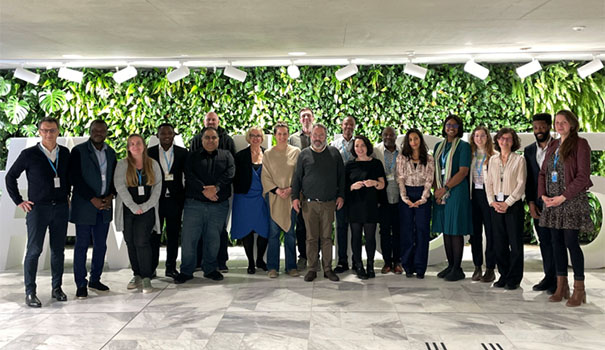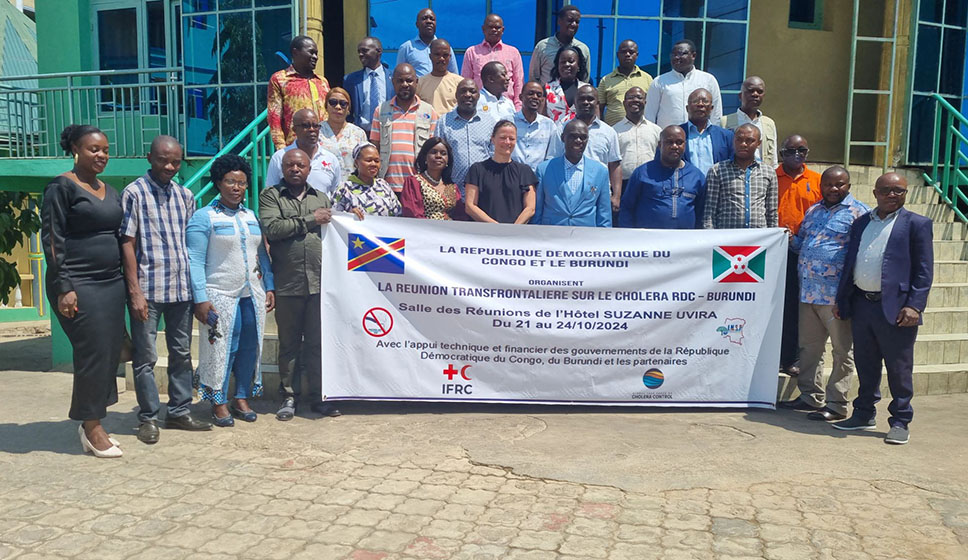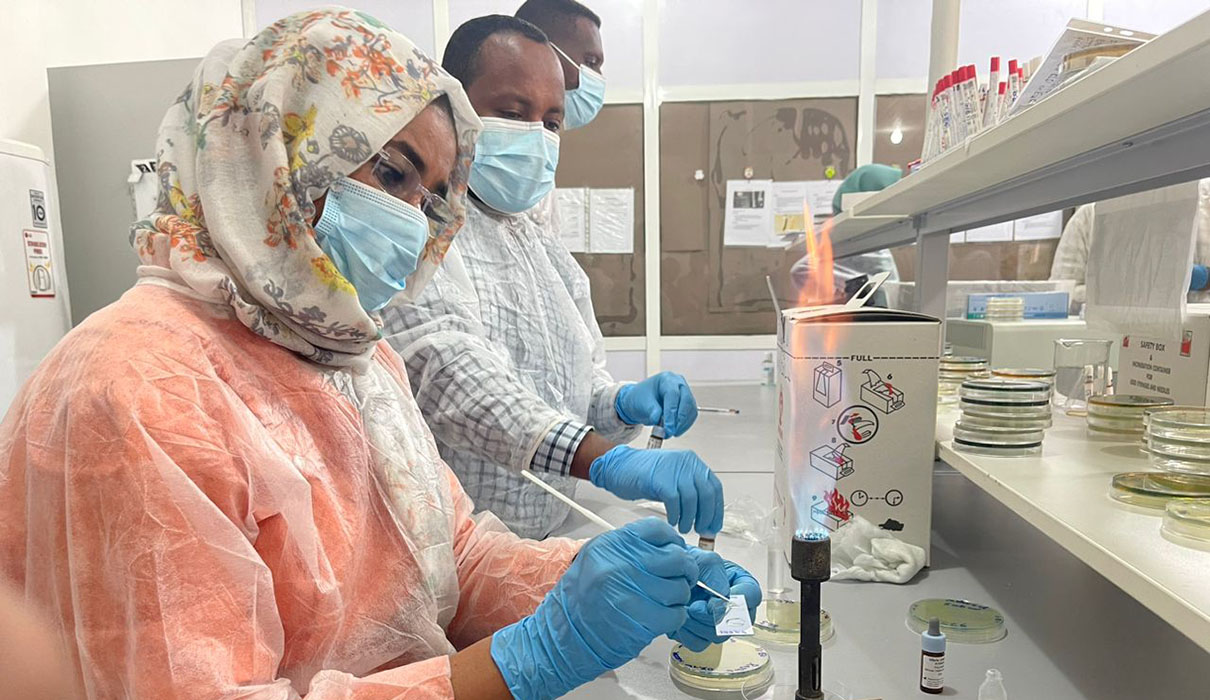Guidé par sa charte et les principales résolutions de l’AMS, le GTFCC s’engage à unir les efforts mondiaux pour mettre fin au choléra d’ici 2030. Grâce à une collaboration étroite, à une supervision stratégique, à un soutien technique, à un renforcement des capacités et à des actions de plaidoyer de haut niveau, le GTFCC fait progresser la prévention et la maîtrise du choléra dans le monde entier.
Le comité directeur a été créé en 2017 parallèlement au lancement de la campagne Mettre fin au choléra : Feuille de route mondiale à l’horizon 2030 et conformément à la résolution 71.4 de l’AMS. Il regroupe les principaux partenaires du GTFCC et les représentants des pays endémiques, afin d’assurer la supervision et le suivi de la mise en œuvre de la Feuille de route.
Le comité directeur du GTFCC est composé de 11 membres, dont 6 membres principaux (CDC, UNICEF, OMS, FICR, MSF, iccdr,b) et 3 représentants des pays. Le comité directeur se réunit tous les trimestres, dont au moins une fois par an en personne.
Télécharger la liste des membres du comité directeur
Télécharger le cahier des charges du comité directeur
Le secrétariat du GTFCC coordonne les partenaires. Ses principales responsabilités consistent à superviser les activités institutionnelles/politiques/stratégiques, ainsi que les actions normatives, de communication et opérationnelles du réseau, conformément aux objectifs stratégiques de la Feuille de route à l’horizon 2030.

Chef du secrétariat du GTFCC : Dr Philippe Barboza
Coordinatrice du secrétariat du GTFCC : Marion Martinez Valiente
La plateforme de soutien aux pays (CSP) est le bras opérationnel du GTFCC, chargé de traduire la Feuille de route mondiale à l’horizon 2030 en stratégies concrètes au niveau national. Organisée par la Fédération internationale des sociétés de la Croix-Rouge et du Croissant-Rouge (FICR), la CSP encourage la collaboration entre les acteurs de la santé mondiale, les administrations nationales, les membres du GTFCC et les parties prenantes nationales afin de prévenir et de maîtriser le choléra.

Le comité d’examen indépendant (IRP) procède à un examen transparent et approfondi des plans nationaux de lutte contre le choléra (NCP) en vue de leur approbation par le GTFCC. Les membres de l’IRP sont nommés par le comité directeur sur proposition du secrétariat et siègent à titre individuel, sans représenter leur employeur, leur pays ou toute autre entité.
